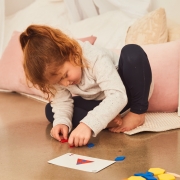Unlocking Early Math Skills Through Play: Why Play-Based Learning is Key for Young Children
At Edx Education, we understand that the early years are critical for setting the foundation for lifelong learning. One of the most effective ways to nurture young minds is through play-based learning, especially when it comes to developing essential math skills. For parents and caregivers around the world with children aged 0-6 years, incorporating playful, hands-on activities into daily routines can significantly enhance your child’s understanding of shapes, numbers, patterns, sorting, and counting.
The Power of Play-Based Learning
Play-based learning is an approach that integrates educational concepts into playful activities. This method not only makes learning enjoyable but also helps children grasp complex ideas through interactive experiences. For young children, abstract concepts such as math can be challenging, but when these ideas are presented through engaging and tactile activities, they become much easier to understand.
Key Math Concepts for Young Learners
- Shapes: Recognising and understanding shapes is a foundational math skill. Toys like the Pattern Blocks help children explore various shapes and colours, fostering their spatial awareness and geometric understanding. By sorting and arranging these pebbles, kids develop a strong grasp of how different shapes fit together and relate to one another.
- Numbers: Introducing numbers early on sets the stage for future mathematical proficiency. Transparent Numbers are a fantastic tool for this purpose. Their clear design allows children to see how numbers are structured, helping them with counting and number recognition. Activities involving these numbers can include matching games, sequencing, and simple addition and subtraction tasks.
- Patterns: Recognising patterns is a key cognitive skill that supports problem-solving and logical thinking. Math Cubes and 1cm Interlocking Cubes are perfect for creating and exploring patterns. Children can stack, arrange, and design with these cubes, enhancing their ability to identify and replicate patterns while also developing fine motor skills.
- Sorting: Sorting activities are not only fun but also critical for developing classification skills. Counter Jars are an excellent resource for this purpose. By sorting small objects by colour, size, or shape into different jars, children learn to categorise and organise, which is a fundamental math skill that aids in understanding data and classification.
- Counting: Counting is one of the first mathematical skills children learn. Engaging in counting activities with objects such as Math Cubes can make this process more interactive and enjoyable. Counting items, stacking them, or using them in simple games helps reinforce number concepts and enhances numerical fluency.
Integrating Play-Based Learning into Daily Life
Incorporating these activities into daily routines is simple and effective. You can set up a counting game during snack time, use Rainbow Pebbles® to explore shapes while playing, or create pattern challenges with Math Cubes. The key is to make these activities part of your child’s everyday play, so learning becomes a natural and enjoyable experience.
Resources and Support from Edx Education
At Edx Education, we provide a range of educational toys and resources designed to support play-based learning. Our products, including Rainbow Pebbles®, Transparent Numbers, Counter Jars, Math Cubes, and 1cm Interlocking Cubes, are crafted to make learning both fun and effective. Additionally, our downloadable resources and the Play, Learn & Create podcast offer valuable tips and ideas for incorporating these concepts into your child’s playtime.
For more information and to explore our full range of educational toys, visit www.edxeducation.com. Our goal is to empower parents and caregivers with the tools and knowledge needed to foster a love for learning in young children through play.
Join Us in Embracing Play-Based Learning
By integrating these playful and interactive methods into your child’s daily routine, you’ll help them build a solid foundation in math while also nurturing their creativity and problem-solving skills. Remember, learning through play is not just about the skills children acquire; it’s also about making learning an enjoyable and engaging experience.
Let’s embark on this exciting journey of play-based learning together, and watch as your child’s confidence and abilities in math flourish. Happy playing and learning!

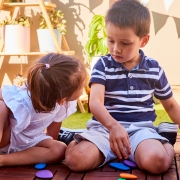
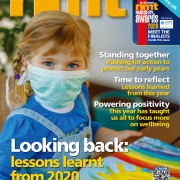 Edx Education
Edx Education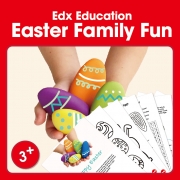 Edx Education
Edx Education
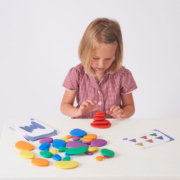 edx education
edx education Edx Education
Edx Education